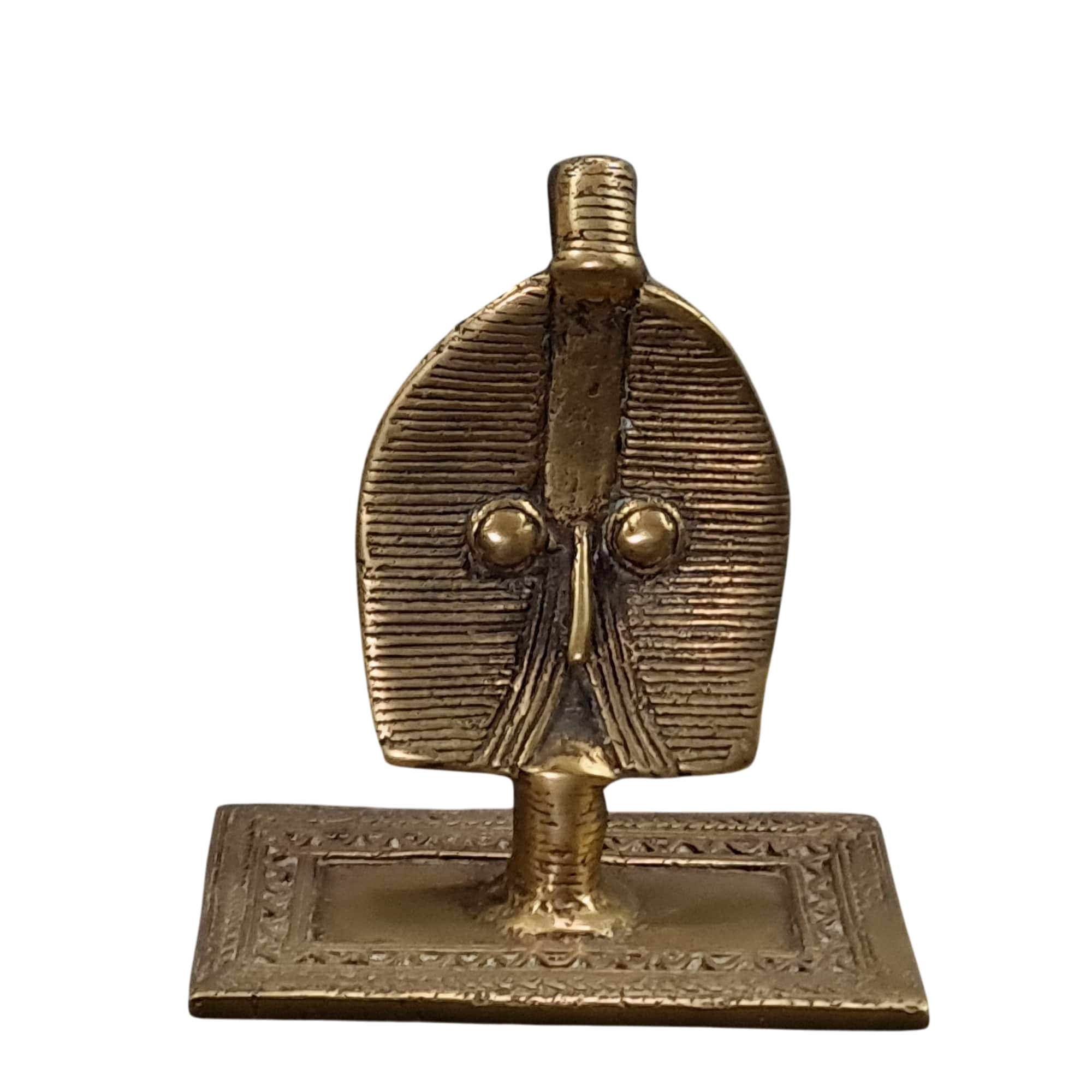The Kota ethnic group is an African community established mainly in Gabon, but also in neighboring regions of Congo and Cameroon. The Kota have a rich and complex culture with a history that goes back centuries.
The Kota are known for their artistic production, especially the famous Kota reliquaries. These objects were used to store the remains of the community's ancestors and were revered in religious ceremonies. Kota reliquaries are often in the form of carved wooden figurines, decorated with copper or brass plates to represent the distinctive facial and bodily features of the deceased person.
The Kota practice subsistence agriculture, mainly cultivating staple crops such as cassava, yams, and plantains. Hunting and fishing are also important activities for the community. The Kota are organized into clans, each with its own leader. Kota society is also marked by initiation rites for young men and women.
The Kota are a very nature-respectful community, with great importance given to forests and rivers. Their traditional way of life is threatened by deforestation, overhunting, and mining exploitation in the region.
